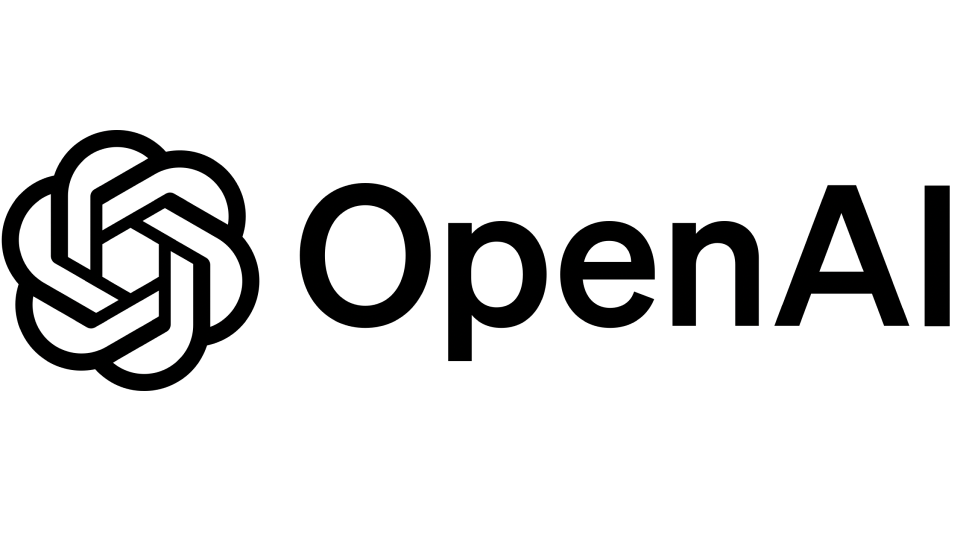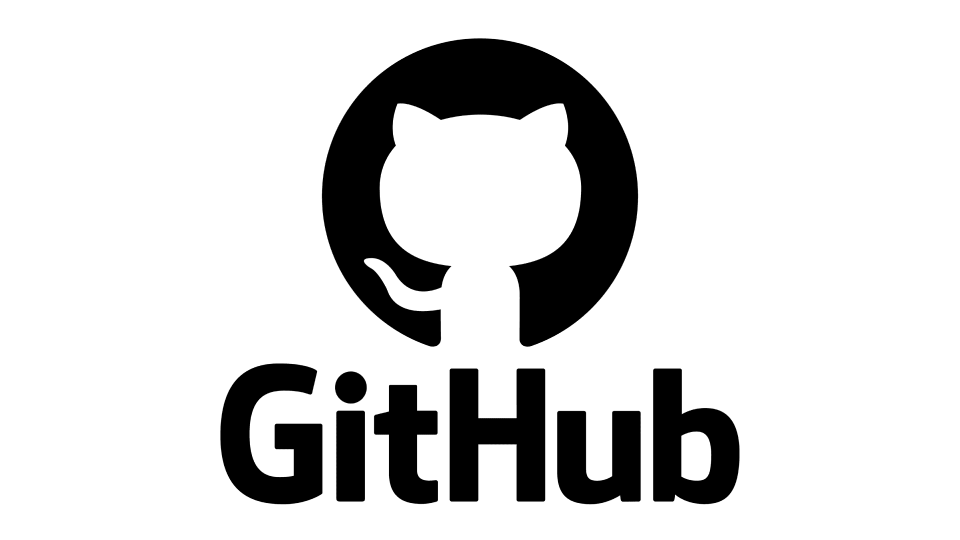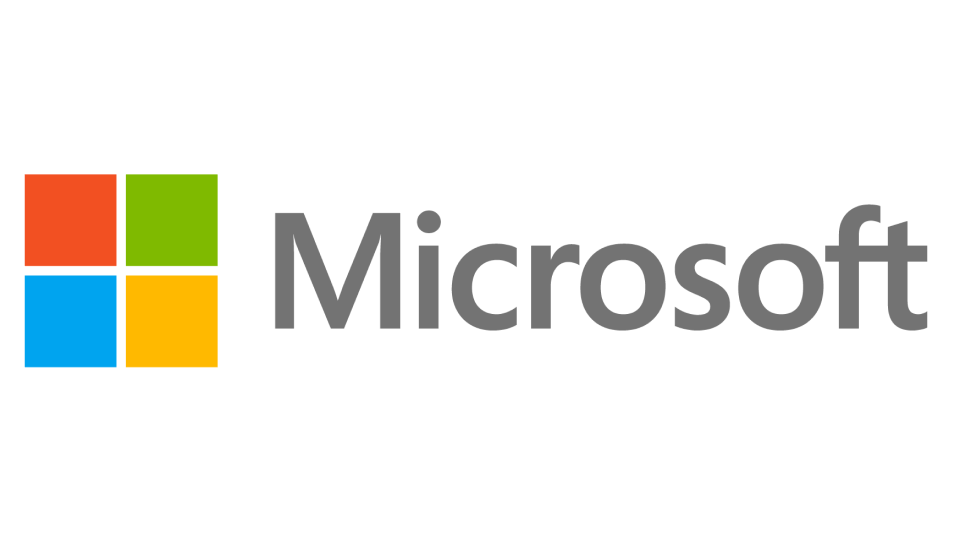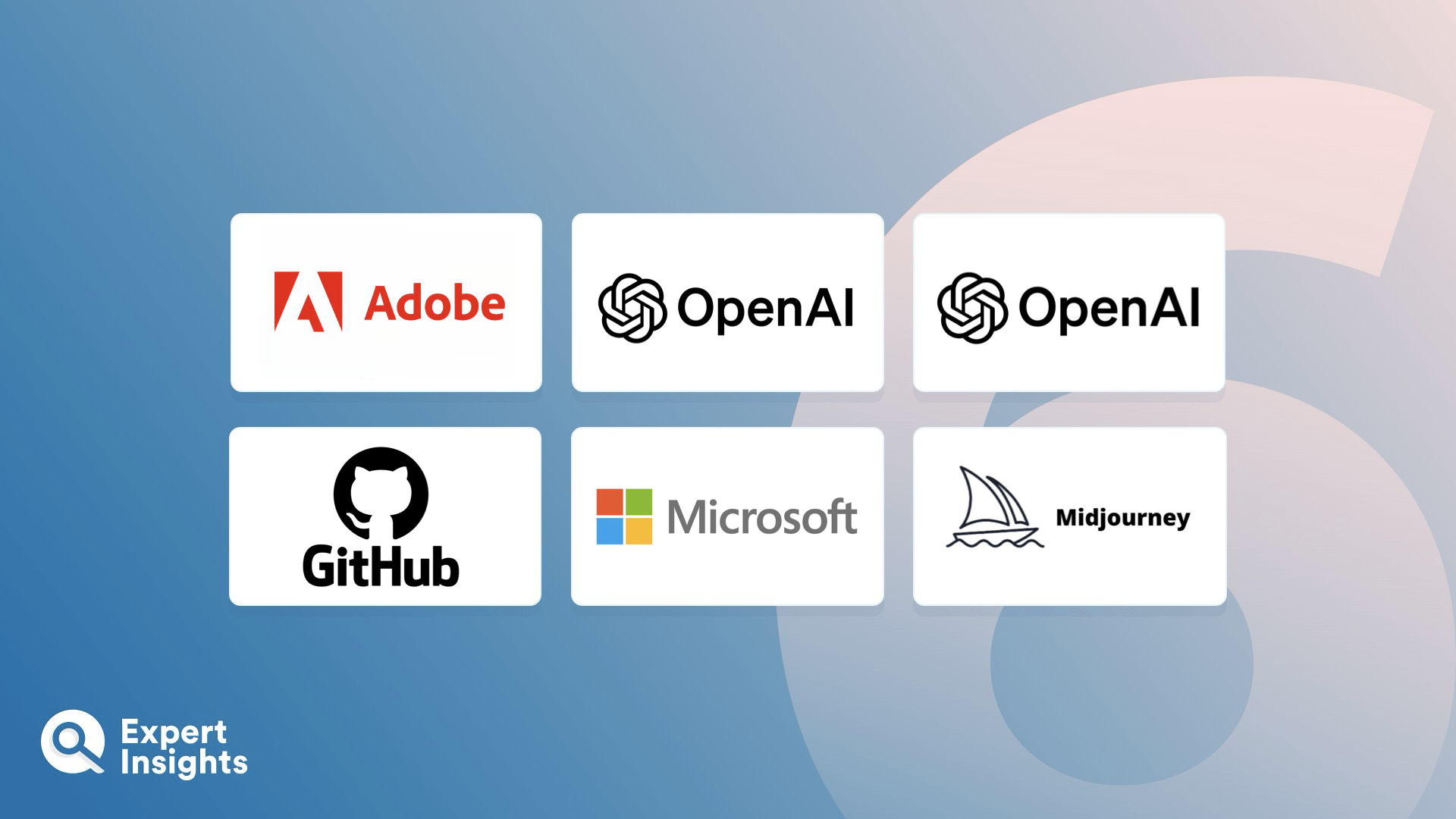Generative Artificial Intelligence (AI) solutions are innovative technologies capable of creating content that looks like it could have been designed by a human. These solutions have wide-ranging applications, from generating text, audio, and images, to creating new designs or even defining new product ideas. These AI Generation tools are used to replicate human creativity, offering enormous potential for businesses and creative industries.
Generative AI works by leveraging machine learning algorithms to mimic the style of a given input, then produce unique outputs. They use massive databases, neural networks, and complex algorithms to learn from human inputs and understand what they are being asked to do. They can replicate styles, as well as generating the unique content.
Advanced Generative AI can create highly realistic content starting from simple inputs, making it particularly effective for tasks like content creation and personalized experiences. Many platforms allow you to amend the initial prompt, achieving a generated piece of content that adheres to all your specifications.
For end-users, generative AI offers a way to augment or streamline creative processes. It automates the creation of content, enables personalization at scale, and sparks new ideas by suggesting creative avenues that a human might not think of on their own.
The generative AI market is continuously evolving with cutting-edge solutions emerging rapidly. These solutions are paving the way for more advanced AI models that are not just responsive, but creative in nature.
This guide will dive into the top generative AI providers in the industry. We will be evaluating their features, advantages, and the unique opportunities each brings to the table.











